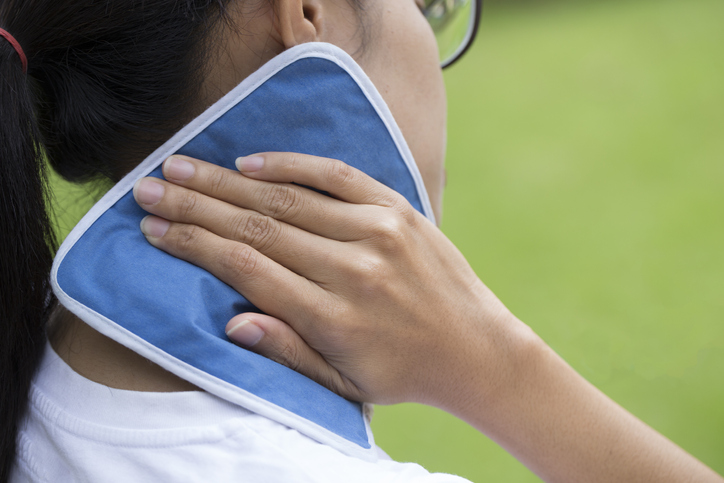Pain
5 Common Things to Avoid When You Have Fibromyalgia

What is fibromyalgia?
Fibromyalgia is a chronic pain syndrome that involves widespread muscle pain (myalgias) and joint pain (arthralgias). In some cases, the onset of fibromyalgia symptoms begins after a physically or emotionally traumatic event, such as a car accident; in other cases, symptoms start insidiously, gradually worsening over time.
The goal of fibromyalgia treatment is to reduce pain and symptoms in order to improve quality of life. Fibromyalgia is often managed using a combination of medications and physical therapy. There are also things that should be avoided with fibromyalgia.
Excessive physical activity

Regular exercise is beneficial when dealing with fibromyalgia. However, excessive physical activities should be avoided. Over-exertion fatigue may result in lack of adequate activities for several days. Daily moderate exercise that is favorable for fibromyalgia includes walking, swimming or biking.
Calibrate physical activity by going until feeling tired but exhilarated. The following day should be at least as good as the day before. Using a heart-rate monitor or activity tracking device can help with developing a benchmark. Walking is a safe and easy-to-implement exercise routine. Similar to using a heart rate monitor, a pedometer allows an action plan to be implemented.
Saying “Yes” too often

People with fibromyalgia have an increased tendency to accept too much. Practice saying “no” more often to avoid increased pain. Reply with the answer that is fair and will not exacerbate fibromyalgia or intensify stress levels. A common balance should be obtained to help others, while also taking care of self-needs.
Ignoring pain

Pain is the body’s way of communicating that something is wrong and requires attention. Trying to block the pain by continuing activities is not advised. Ignoring increased pain causes more harm than good. Participating in activities when pain is high is likely to cause additional days of increased pain levels.
Eating excessive sugar

Sugar lowers blood pH levels; thereby, worsening fibromyalgia. Acidic soft drinks and fruit drinks sweetened with sugar should be avoided due to candida overgrowth becoming activated. Artificial sweeteners should also be avoided. High sugar intake increases inflammation, which can heighten pain associated with fibromyalgia.
Not getting enough sleep

Proper sleep hygiene is especially important for individuals dealing with fibromyalgia. Not only can fibromyalgia prevent an individual from getting the restful sleep they need, insufficient sleep and the resulting fatigue can also cause an increase in pain sensitivity. Lack of proper sleep can negatively affect the immune system, which can potentially lead to other medical conditions that may cause additional pain.
A variety of sleep hygiene practices may promote restful sleep. Since everyone’s needs are different, individuals are encouraged to try a variety of techniques and tools until a successful combination is found. Ways to improve sleep include the following:
- Caffeine, heavy meals, and alcohol should be avoided before bedtime.
- Individuals should go to bed around the same time each night and get up at the same time each morning, even on weekends or after a sleepless night.
- Exposure to light should be minimized before bedtime. This includes televisions, smartphones, tablets, and other devices.
- Individuals should get out of bed if sleep does not come in 15 to 20 minutes.
- Napping should be avoided. Getting too much sleep during the day can reduce the quality of sleep at night.
- Choosing to exercise in the morning or afternoon is beneficial for sleep; however, it should be completed at least a few hours before bedtime.
- The bedroom should be kept dark and quiet.


















